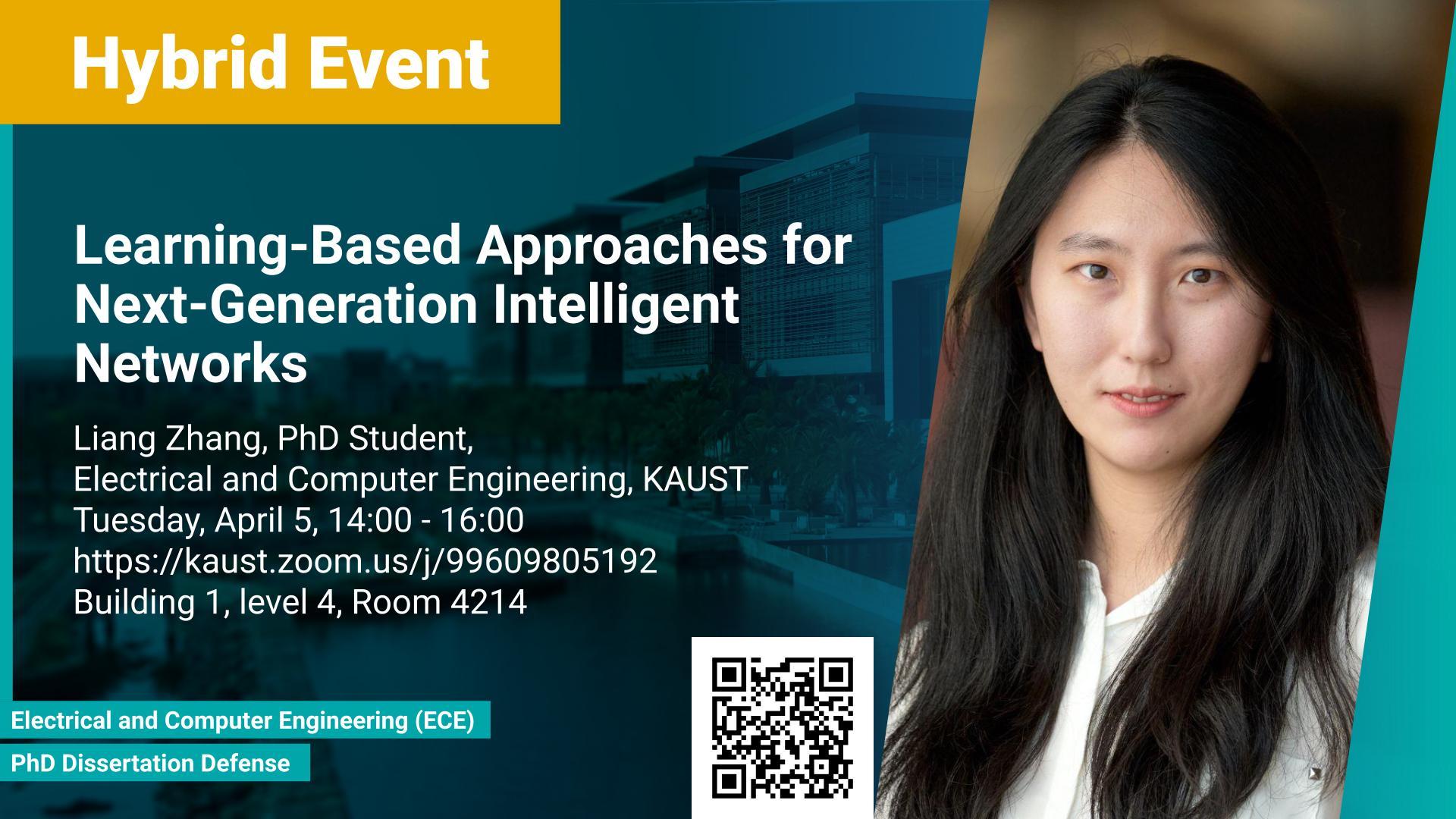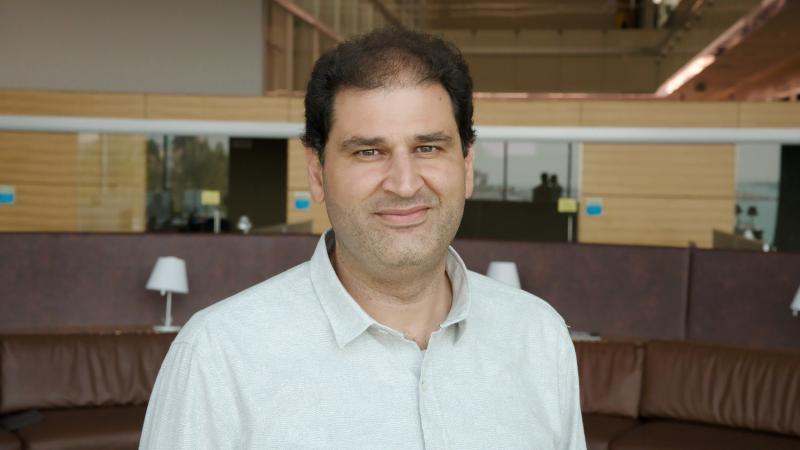Abstract
The next-generation networks promise to provide extended 5G capabilities at high data rates, low latency, low energy assumption, and rapid adaption. However, with the emerging applications of the Internet of Things (IoT), autonomous driving, and virtual reality, the management of networks becomes increasingly difficult due to the rapid proliferation of wireless traffic and heterogeneous network structure. In this regard, learning-based algorithms are
expected to precipitate the evolution of communication networks. In this thesis, we investigate how learning-based approaches are implemented to solve the communication network problems and how communication network dependencies impact the training of learning-based approaches.
Firstly, we propose innovative reinforcement learning algorithms to solve the optimization problems in aerial communication networks. We start with the study of information and communications technology (ICT) statistics on various regions and highlight aerial communication in boosting transmission capacity, enlarging coverage, and democratizing the benefits of ICT over the globe. Trajectory design, traffic offloading, and communication resource allocation are the challenges that exist in aerial communication networks. We propose an energy-efficient trajectory optimization scheme for unmanned aerial vehicle assisted IoT networks. Thereafter, we propose a heterogeneous traffic offloading approach in the space-air-ground integrated network to cover the co-existing requirement of ultra-reliable low-latency communication traffic and the enhanced mobile broadband traffic.
Secondly, we investigate the wireless traffic prediction problem by implementing decentralized learning-based approaches. We propose an efficient federated meta-learning approach to learn a sensitive global model with knowledge collected from different regions. The status of the communication channel and the structure of the networks strictly affect the performance of the federated learning approach. Moreover, communication overhead, especially the uplink transmission cost, is the bottleneck in federated learning. We propose a novel federated learning framework that jointly considers the practical network configurations and the training accuracy. We implement the proposed system to achieve communication-efficient and data-efficient federated learning.
Lastly, we design an importance-oriented clustering-based high quality of service system. An unsupervised learning method is implemented to capture the similarity of the traffic flow and determine the priority of the transmissions. The system is deployed with software define networks. The competitive numerical experiments reveal the outperformance of the system.
Brief Biography
Liang Zhang is a Ph.D. candidate in the Networking Research Lab (NETLAB), at King Abdullah University of Science and Technology (KAUST) under the supervision of Professor Basem Shihada. Liang received a master's degree in Electrical Engineering from King Abdullah University of Science and Technology (KAUST) and a bachelor's degree in Physics from the University of Science and Technology, Beijing (USTB), China. Her research interests include aerial communication networks, reinforcement learning in communication networks, federated learning in communication networks.

